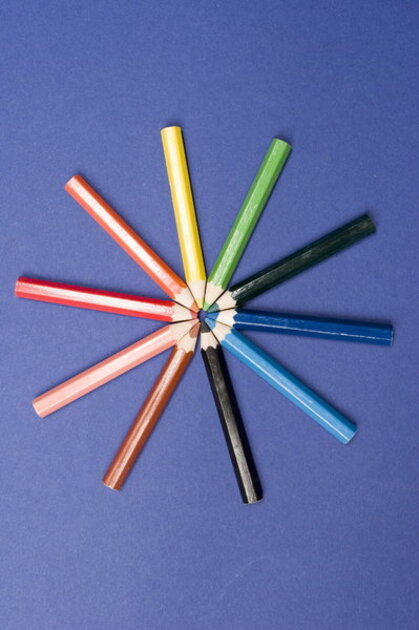
What is more motivating? A cheap reward that comes quickly or a significant reward that takes much longer to obtain? Our Gemara on Amud Beis references an adage, “æææÎææ æ ææ ææÏæ´æ”.
Rashi translates botzina as a small gourd and Kara as a large gourd. The idea is the same as, “A bird in hand is worth two in the bush.” That is, a person would prefer a small gourd, which he can eat right now, instead of waiting for a larger one to grow.
Tosafos disagrees with Rashi because botzina is a different species than Kara. Kara is a gourd, while botzina is cucumber. Cucumbers ripen earlier than gourds, thus the import of the adage is, a person prefers the cucumber now over waiting for the gourd to ripen.
Even though Rashi and Tosafos are arguing about translation, the moral of the aphorism changes slightly. According to both one is choosing a lesser immediate gratification over a greater long term gratification. Yet, according to Rashi, one is choosing the same species, albeit a smaller one. According to Tosafos, one is choosing a qualitatively inferior species (regardless of size) over a superior species that takes longer to grow. Rashi’s person might still choose the gourd over the cucumber because now it is a different, superior species and not merely a smaller one of the same. One the other hand, Tosafos’s protagonist has less ability to delay gratification and even will forgo a superior species if he has to wait.
The psychological concept of delaying gratification has been most famously explored in the much-discussed Stanford Marshmallow Experiment. The study was conducted in 1972 by Walter Mischel. In the experiment, a young child was given a choice between one immediate treat (marshmallow or pretzel) to eat now, or two treats that he can have in 15 minutes. — if he doesn’t eat the marshmallow now. Mischel’s findings were that the children who were able to delay gratification, years later in life, scored higher on SAT’s, education level and Body Mass Index.
The implications of the study is that a child who masters delay of gratification early in life will have tools to succeed in many other standards of success, such as education and healthy life choices. The study has been replicated with some success, though less dramatic in differences between those who had patience and those who didn’t. In other studies, the results were not conclusive. https://en.wikipedia.org/wiki/Stanford_marshmallow_experiment
One of the criticisms of the Stanford Marshmallow Experiment is that it presupposes the child trusts the adult in the experiment enough that he will get the reward. In other words, the child might have no problem with delay of gratification; he just is street smart and assessed that he’s better taking what he can now. Indeed, in the Talmudic parable the person chooses a CERTAIN benefit over an unsure to come benefit. After all, who knows if the gourd will actually grow bigger or ripen? You might argue back though, ha gufa kashe, that is, if a child grows up in an environment where he mistrusts adults, he will defacto not have the requisite skills of delay of gratification.
Some researchers have factored out financial and educational standing of parents and family. When doing so, the results were skewed. The children from homes of economic security and family stability definitely did better in later life if they were able to delay gratification. However, the children from disadvantaged homes showed no correlation of success in life to their choices about the treats. This is likely due to requiring a different set of smarts when you grow up in a more chaotic, less predictable emotional and economic milieu. Think of it this way, a restless child with ADD might not do well in a rigid academic and orderly society. Yet if he were growing up in war times, his ability to smuggle food and dodge authorities would enhance his survival skills over his more organized peers. This was certainly the case for many youthful holocaust survivors who outwitted their Nazi oppressors. Delay of gratification is important, and in many conventional contexts is a predictor of success. However, sometimes it’s better to quickly grab the cucumber.

 Previous
Previous
